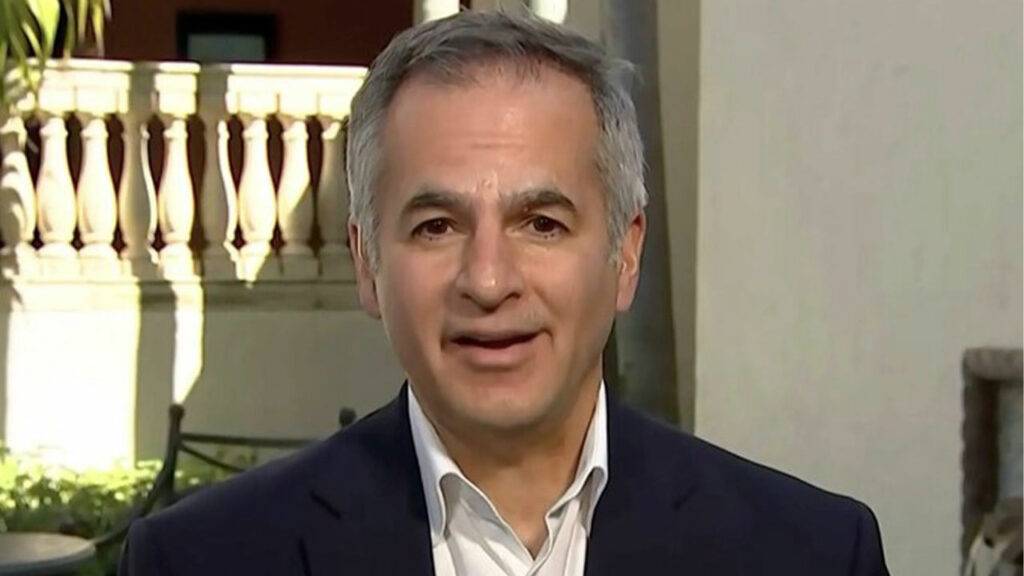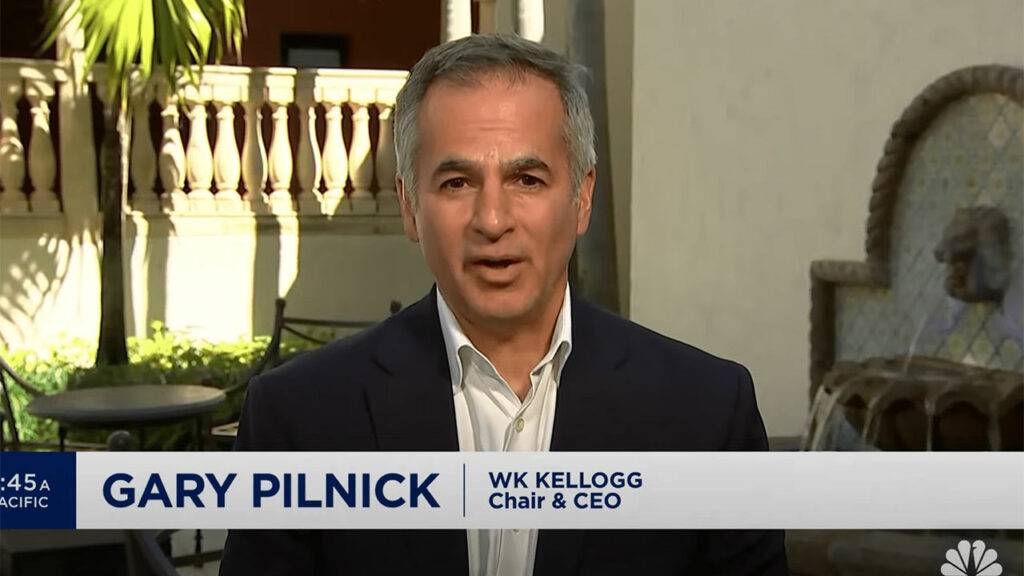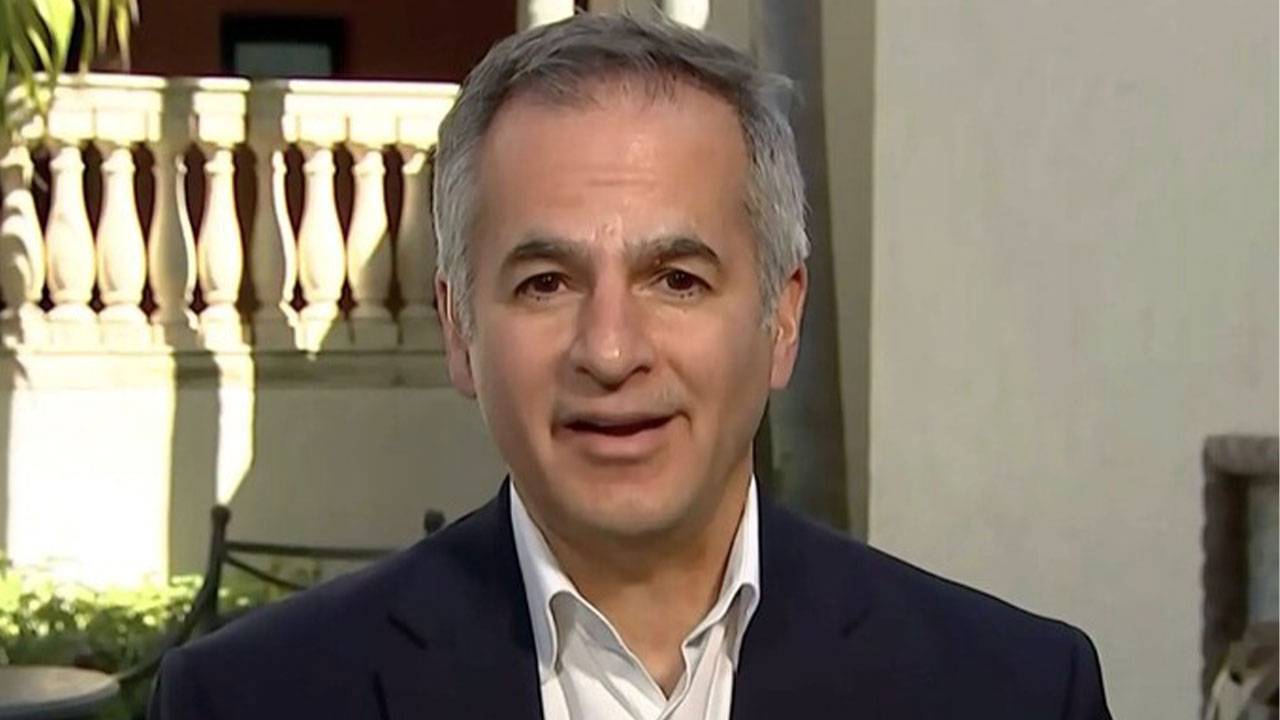In recent headlines, Gary Pilnick, the Chairman and CEO of Kellogg’s, stirred controversy with his suggestion that Americans facing inflation should opt for cereal as a dinner option to save money. This article delves into Pilnick’s background, his statement, and the ensuing reactions.

Who Is Gary Pilnick?
Gary Pilnick holds the positions of Chairman and CEO at Kellogg’s, a role he assumed after a successful career spanning over three decades. Before joining Kellogg’s, Pilnick served in various capacities, including Vice President for Speciality Food Corporation and Sara Lee Branded Apparel in the USA.
Kellogg’s CEO Receives Criticism on “People Eat Cereal for Dinner to Save Money”
During a recent appearance on CNBC’s “Squawk on the Street,” Pilnick advocated for cereal as an affordable dinner choice amid rising food prices. He emphasized the affordability of cereal, stating, “The cereal category is a place that a lot of folks might come to because the price of a bowl of cereal with milk and fruit is less than a dollar.”
Pilnick’s suggestion sparked mixed reactions. While some resonated with the idea, others criticized him, questioning the practicality and nutritional value of cereal for dinner. Social media users particularly highlighted the irony of a CEO recommending cereal while potentially indulging in expensive dining options himself.
Data on Food Inflation
The context of Pilnick’s statement lies in the backdrop of increasing food prices in the United States. According to data from the U.S. Bureau of Labor Statistics and the U.S. Department of Agriculture, prices of various food categories, including cereals, have witnessed notable hikes in recent years.

Expert Insights on Inflation
Experts like Boston College economics professor Peter Ireland have expressed concerns about the impact of inflation on consumers, especially those on fixed incomes. Rising food and energy prices, coupled with stagnant wages, pose significant challenges for households across the country.
Gary Pilnick’s advocacy for cereal as a cost-effective dinner solution has ignited a broader conversation about the financial strain faced by American households amidst inflation. While his statement may have been well-intentioned, it underscores the need for addressing deeper economic issues to ensure the affordability and accessibility of essential goods for all.
As the debate continues, it remains imperative for policymakers, businesses, and consumers alike to navigate the complexities of inflation and work toward sustainable solutions that alleviate financial burdens on individuals and families.





